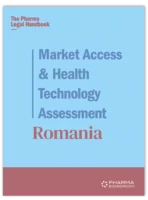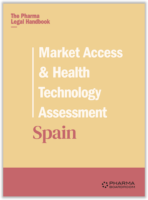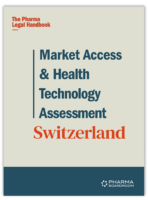Regulatory Reform
Drew & Napier / Singapore
1. Are there proposals for reform or significant change to the healthcare system?
Introduction of the Healthcare Services Act (HCSA) and repeal of the Private Hospitals and medical clinics act (PHMCA)
PHMCA, which previously regulated private hospitals and medical clinics were recently repealed in December 2023. The HCSA came into force in 3 phases and has replaced the PHMCA. The HCSA adopts a services-based regulatory framework rather than the premises-based regulatory framework under the PHMCA. Additionally, the HCSA’s regulatory scope is broader than that of the PHMCA, and includes healthcare services, nursing and allied health services, traditional medicine, and complementary and alternative medicine.
Phased implementation of the HCSA was completed in December 2023, in line with the repeal of the PHMCA.
- Phase 1 of the implementation, which encompassed clinical support services (with the exception of human tissue banking service, nuclear medicine services and preventive health service), commenced on 3 January 2022.
- Phases 2 covered the majority of the services that were regulated under the PHMCA, such as acute and community hospitals, outpatient medical and dental services, assisted reproduction, ambulatory surgical centre, human tissue banking, nuclear medicine and outpatient renal dialysis services, and commenced on 26 June 2023.
- Phase 3 included long-term care services such as nursing homes and other specialised services and had commenced on 18 December 2023.
Other key changes under the HCSA include:
- requiring that the governing body of a healthcare service possess the necessary competence and skills to carry out its role;
- strengthening the governance and oversight of healthcare services by enhancing the role and responsibilities of key personnel;
- introducing a new requirement for Service Review Committees for selected services or programmes that are deemed to be of higher risk, or greater complexity or public interest;
- making Service Ethics Committees mandatory for selected licensees, to ensure that patients are treated in an ethical manner before certain complex and high-risk medical treatment can be conducted;
- empowering the MOH to step in and assist in the operations of failing healthcare services where needed;
- requiring licensees to contribute to the National Electronic Health Record (NEHR), but providing patients with the option to opt-out if they do not wish to have their records accessed on, or uploaded to, the NEHR;
- enhancing the powers of the MOH to gather information for the purposes of patient safety, care and welfare, and public health interest;
- authorising the MOH to publish information concerning non-compliant licensees and unlicensed healthcare providers;
- prohibiting the provision of medical practices and services that have caused harm or may harm patients; and
- implementing measures to minimise public misperception, such as amen-ding existing naming restrictions to allow for greater clarity as to the health-care services provided.
2. When are they likely to come into force?
Please see our response to Chapter 7 Question 66 for details on the recent implementation of the HCSA.


































































